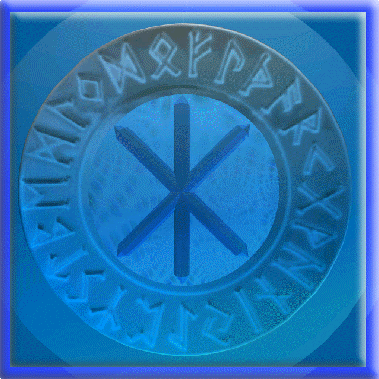A firewall (in internet terms) is
either software (program) or hardware (physical device)
designed to edit all connection attempts between your
computer's programs and the internet at large.
Hackers looking for vulnerable
computers sweep the web looking for open ports (imagine open
doors and burglars if this helps). When they find a
vulnerable computer, they can invade and install software to
steal information, use that computer's connection to send
out spam, distribute malicious software or all of the above!
Your duty as a "netizen" (citizen
of the 'net) is to ensure your computer is not being used by
hackers, crackers and other freaks. If this happens,
you might find that you are subject to investigations by
your service provider, your friends do not take your emails
any more or your bank account is cleaned out of being used
for money laundering. Some hackers just break into
computers to see if they can, others are far nastier.
Having a computer without a
firewall is like leaving your bag or wallet untended on a
cafe table whilst going to the bathroom. Risky at
best,.. smarter thieves steal your credit card details but
put your stuff back so you never know it has been
compromised. The first thing you know about it is when
you get your huge bill at the end of the month! This
stuff is real life and happens consistently.
Using the same example, a firewall
is like having an armoured van holding your wallet or purse
whilst you visit the bathroom; it is secured by some pretty
heavy measures.
Even if your computer is rarely
ever used for anything that you think is secure purposes,
your email lists of even your internet connection is still
worth gold to these miscreants. It is not worth the
trouble of having to go through the procedure of getting a
new email address because your old one is suddenly
blacklisted and no longer works.
HARDWARE FIREWALLS come in many flavours -
from integrated domestic grade internet routers with a
firewall option through to major Cisco devices which take
many hours of setting up and probably are so far over the
top unless you are a defence contractor or bank that they do
not need to be discussed here.
SOFTWARE FIREWALLS are far more popular
and should be used consistently, running in the background
for all of the time that a computer remains turned on.
These programs monitor all of your computer's activities,
looking for suspicious behaviour, programs wanting to
connect to the 'net that you do not recognise etc.
They also look at all incoming packets of data and make sure
that they actually look like the data packets you requested
(whilst browsing the web).
Modern day software firewalls are probably
some of the easiest security programs in existence as they
do their job admirably and do it without using huge amounts
of system resources. Often after installing, you will
be asked by the program whether you want particular programs
to access the internet, act as servers etc. Follow the
help file introduction of the firewall of your choice and
you will see how to allow, disallow or judge permissions for
each program on your computer. once set, these
settings normally stick for the lifecycle of the software.
IN SUMMARY: The little bit of time
spent setting up a firewall program on your computer is
going to be repaid many thousands of times over by avoiding
just one intrusion. remember also that your intended
use of a computer can change over time and malware installed
and never killed will remain like a time bomb in your
system. A firewall is just so critical that no
computer should be without one. |

